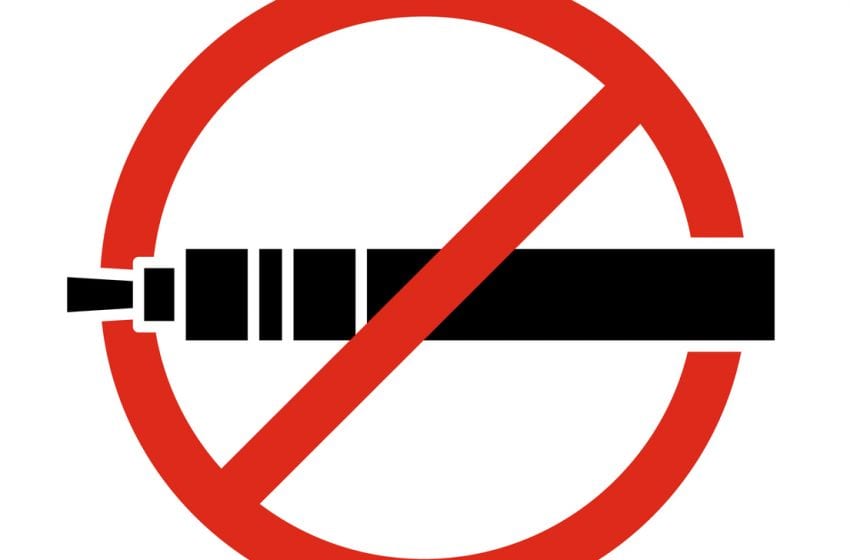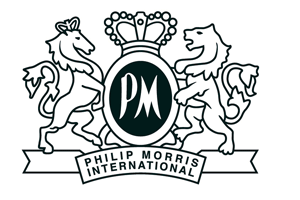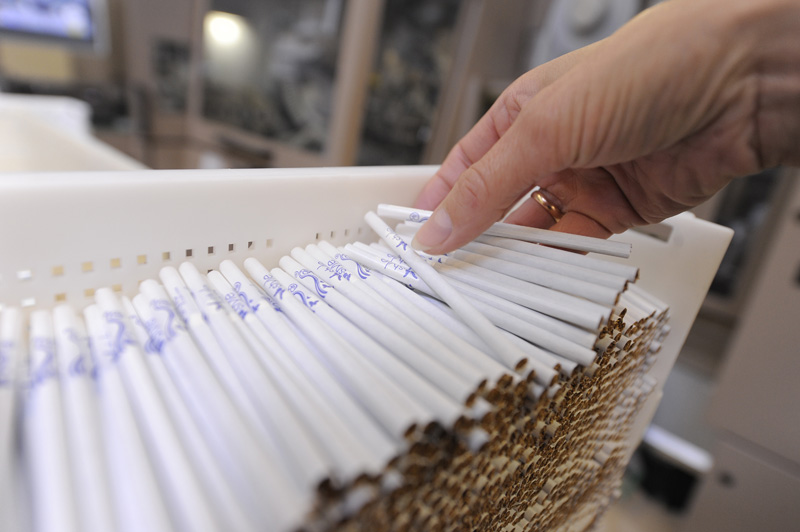Russia’s economy started growing this year after two years of recession, but many people aren’t feeling any richer yet and this is something that is reflected in the cigarettes they are smoking, according to a qz.com story.
Apparently, some smokers have turned to smoking cigarettes made with home-grown tobacco; so that while official figures indicate that smoking in Russia fell by about 20 percent between 2013 and 2016, the reality is probably somewhat different.
Russians’ real disposable income fell for the fourth month in a row in October – a 1.3 percent drop from that of the same month of last year.
In September, real wages were 13 percent lower than they were in 2014, when, according to Moscow’s Higher School of Economics, the recession started.
Meanwhile, tobacco tax hikes have caused cigarette prices to nearly double since 2013 – a challenge to one of Europe’s heaviest-smoking populations.
Hence the interest in growing tobacco at home.
“Several governors have told me that last year people started planting tobacco in their dachas and gardens,” Sergei Ryabukhin, the head of the Russian Senate’s budget and finance committee said last week.
“When you go to a region, you realize with horror that people have turned to growing tobacco or shag. According to official statistics [tobacco production] has fallen 21 percent and people are smoking less. But in reality it’s not like that.”






 The Russian health ministry has unveiled plans to ban the sale of cigarettes to anyone born after 2015, according to a story by Will Worley for the independent.co.uk.
The Russian health ministry has unveiled plans to ban the sale of cigarettes to anyone born after 2015, according to a story by Will Worley for the independent.co.uk.